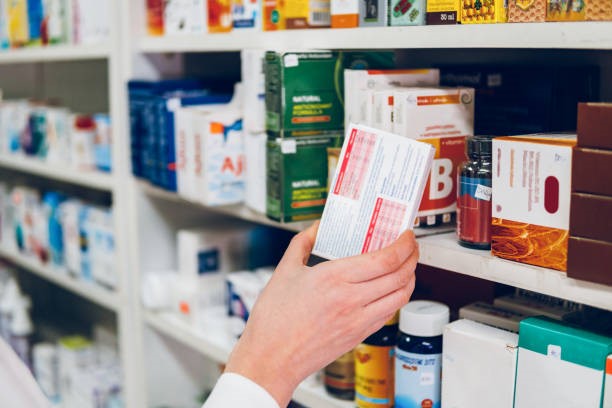Research
The Vital Role of Pharmacies in the Healthcare Ecosystem
As the backbone of the healthcare system, pharmacies are essential to maintaining the health of both individuals and communities. Pharmacy services go beyond only dispensing medicine; they also function as healthcare centers, offering a variety of vital services and facilitating communication between patients and medical professionals. We shall examine the complex function that pharmacies play in the healthcare system in this article.
1. Medication Dispensing and Safety
The last stop in the process of delivering patients’ prescribed drugs is a pharmacy. Prescriptions are carefully examined by pharmacists and pharmacy technicians to make sure they are accurate and suitable. By preventing prescription mistakes and bad reactions, this crucial step serves to protect patients’ safety and wellbeing.
2. Medication Adherence and Counseling
More than just drug distributors, pharmacists are dependable advisors who offer important prescription advice. This contains information about doses, possible adverse effects, and any medication interactions. They also have to teach patients the importance of adhering to their recommended regimens exactly as advised. They significantly contribute to improving treatment results by doing this. Their knowledge guarantees that people not only get the proper drugs but also utilize them properly, promoting a healthier and better-informed approach to healthcare.
3. Over-the-Counter Guidance
Pharmacies are actively involved in community health programs that include weight management counseling, smoking cessation programs, and tests for diabetes and high blood pressure. The community’s general health and well-being are enhanced by these initiatives.

4. Immunizations and Preventive Care
Pharmacies are a veritable gold mine of over-the-counter (OTC) drugs and supplies, providing a wide array of choices for self-care. In this plethora of options, pharmacists serve as informed advisors. They provide priceless guidance on how to properly choose and use these goods. People are empowered to make well-informed decisions regarding their personal health thanks to this assistance. Pharmacists are essential in making sure people get the best over-the-counter (OTC) remedies for their health requirements, whether it’s selecting the best pain reliever or figuring out the best cold treatment.
5. Chronic Disease Management
Pharmacies are becoming major participants in the field of public health because they provide a critical service: vaccinations against a variety of illnesses. This accessibility contributes to a protected and resilient community by supporting immunization rates. Pharmacy access to vaccinations serves as a first line of protection against avoidable diseases. This highlights the importance of pharmacies in the larger context of public health programs by safeguarding both the individual’s health and the community’s overall well-being.
6. Specialized Services
An adequate supply of drugs is essential for those who are managing chronic diseases. Because they work closely with patients, pharmacists are essential to this process. They closely observe their health and medication schedule while tracking their development. Pharmacists can alter treatment programs as needed thanks to their attentive, hands-on approach. By doing this, they greatly aid in the optimization of therapy, which leads to better health outcomes and an all-around improvement in the quality of life for those who are managing chronic diseases.
7. Community Health Initiatives
Pharmacies provide customized services that are intended to meet the specific demands of certain patient demographics. Pharmacies are prepared to handle a wide range of demands, from elderly patients in need of specific medication management to pediatric kids in need of customized doses and formulations and those with complicated medical conditions requiring exact care. These individualized methods ensure that each patient gets the committed attention and focused treatment they are entitled to, making sure their unique medical demands are satisfied with accuracy and kindness.
8. Emergency Preparedness
Pharmacies serve as lifelines during public health emergencies and natural catastrophes, guaranteeing easy access to essential supplies and drugs. Their readiness and constant presence during difficult times become critical to the resiliency of the community. Even in the middle of turmoil, pharmacists and their staff put forth endless effort to make sure people have access to the supplies and drugs they desperately need. This crucial function highlights the invaluable contribution pharmacists provide to the wider spectrum of public health emergencies. It not only helps to sustain necessary healthcare but also acts as a pillar of strength for communities navigating through difficult times.
Think of pharmacies as your friendly neighborhood health hubs. The folks behind the counter aren’t just handing out pills; they’re like your health allies. Pharmacists and their teams genuinely care about keeping our communities in the best of health. Whether it’s answering questions, giving advice, or making sure you get the right medicine, they’re there for us. As the world of healthcare keeps changing, you can count on pharmacies to be right there with us, working towards a healthier future for everyone.


